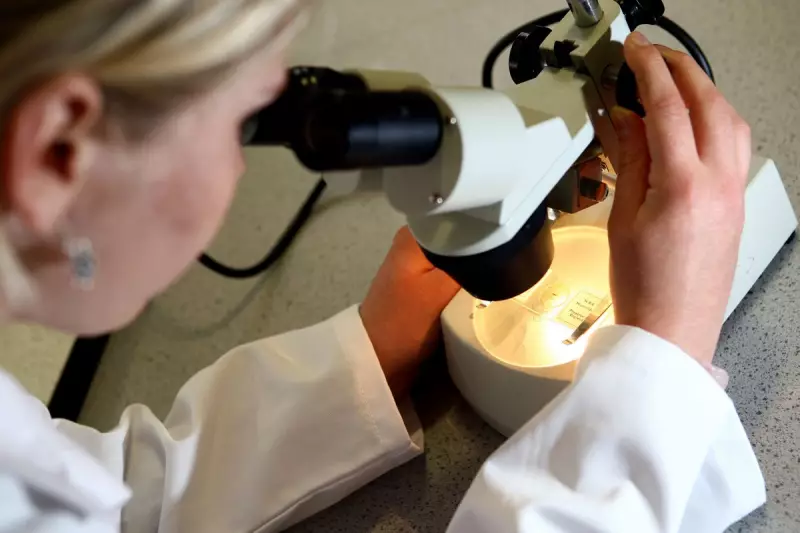
Scientists from the University of Manchester have made a groundbreaking discovery that could shed light on the origins of Guillain-Barré Syndrome (GBS), a rare but serious neurological condition. Their research suggests a potential link between the disorder and Campylobacter, a common bacteria often found in undercooked poultry.
Understanding Guillain-Barré Syndrome
GBS is a rare disorder where the body's immune system mistakenly attacks the peripheral nerves, leading to muscle weakness and, in severe cases, paralysis. While most patients recover, some experience long-term complications, and in extreme cases, the condition can be fatal.
The Campylobacter Connection
The Manchester team's research indicates that Campylobacter may trigger an immune response that mistakenly targets nerve cells, leading to GBS. This finding could pave the way for new treatments and preventive measures, particularly in regions like Saudi Arabia where both Campylobacter infections and GBS cases are relatively common.
Implications for Public Health
Professor Avril Metcalfe, one of the lead researchers, stated: "This discovery could revolutionise how we approach both the treatment and prevention of GBS. Understanding the link between Campylobacter and this debilitating condition opens up new possibilities for intervention."
The research team is now calling for increased awareness about food safety practices, particularly proper cooking of poultry, as a potential way to reduce GBS cases worldwide.





